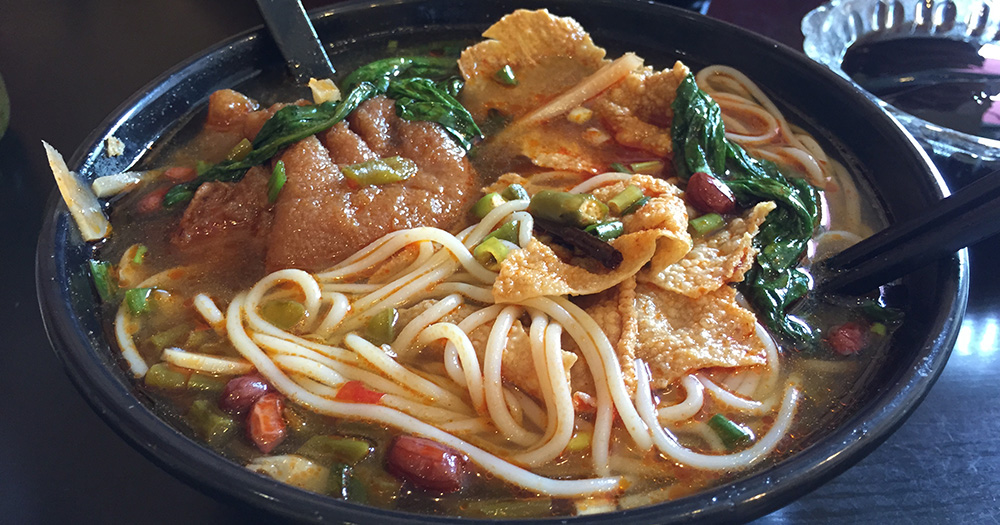The owner of a noodle shop in Guangxi Province, China, has been arrested for lacing his noodles with opium so as to induce customers to return to his shop in a bid to improve business, Malaysian media Sin Chew reported.
The incident happened at Sanjiang Dong Automonous County, after a customer who ate at the shop tested positive for morphine -- the active component of opium -- during a drug test at a police inspection.
The shop owner, Yang, subsequently pleaded guilty to adding poppy seed powder in his noodles after his shop was subjected to investigation in October and was prosecuted in court on Dec. 17.
Customer surprised by drug results
Taiwanese media SETN further reported that the customer had been surprised by the outcome of the test results, and stressed that he had not taken drugs.
When repeatedly questioned by the police, he stated that he had only eaten a bowl of snail rice noodles a few days before at the shop in question.
As such, this resulted in the police making an unannounced visit to the store, where they took a packet of snail powder which tested positive for morphine.
Store owner admits to using poppies to boost business
The case was then handed over to the Sanjiang County Administration for Market Supervision, which inspected the store further on Oct. 9, Chinese media Gxsky highlighted.
76 grams of poppy seed powder was subsequently discovered, resulting in Yang's arrest.
When questioned, Yang admitted to using the powder as a bid to improve his business by making customers addicted to his noodles, so that they would return.
As for the source of his powder, Yang added that it came from the husks of poppies which he had grown in his hometown four years ago.
Currently, his case is under trial.
Not the first time this happened
This is not the first time such a case has happened however.
Previously in 2014, another noodle store owner in Yan'an, Shaanxi province, also admitted to lacing his noodles with opium to keep customers coming back, after a patron and his relatives who ate at the store all tested positive for morphine, the BBC reported.
The same year also saw Chinese authorities issue a notice stating that poppy capsules are banned as food additives, China Daily further reported.
However, in 2016, the New York Times (NYT) reported that at least 36 restaurants in China were found by the authorities to have added poppy capsules and other illegal ingredients to their food.
Top image from Wikipedia
If you like what you read, follow us on Facebook, Instagram, Twitter and Telegram to get the latest updates.
